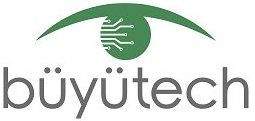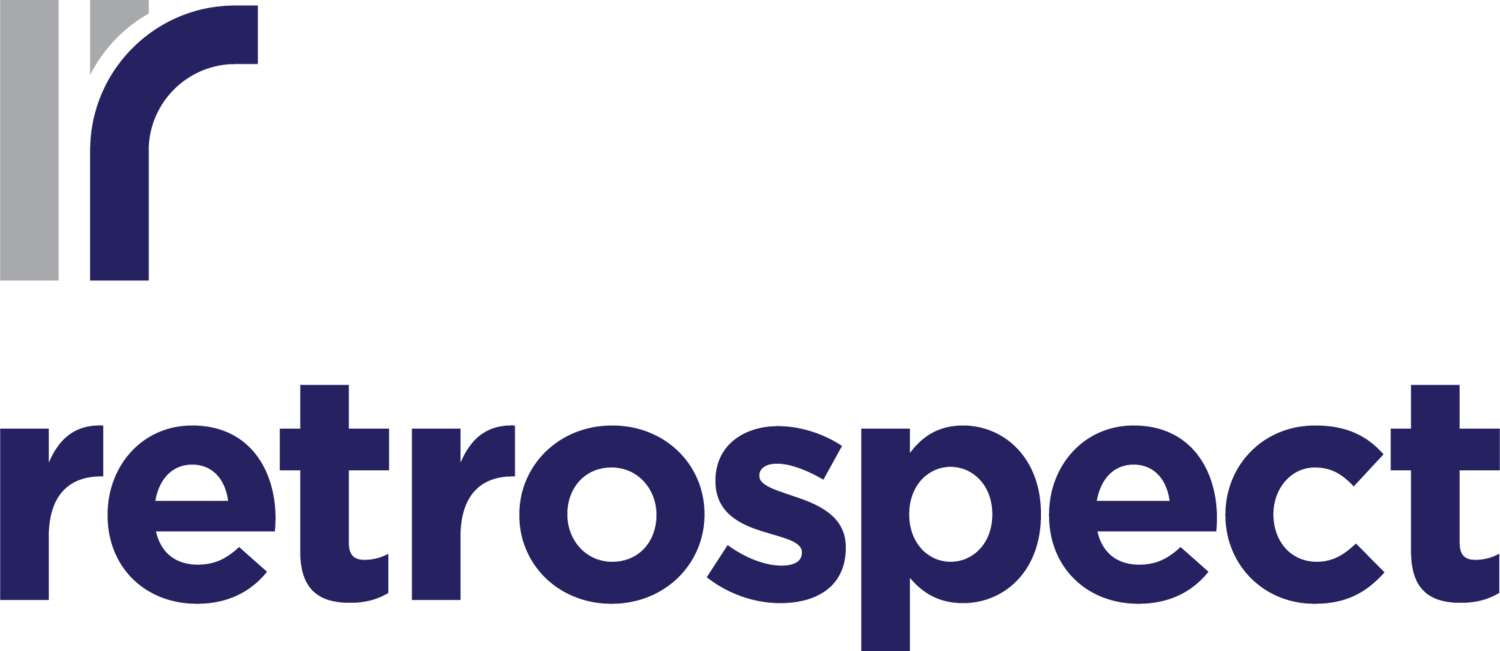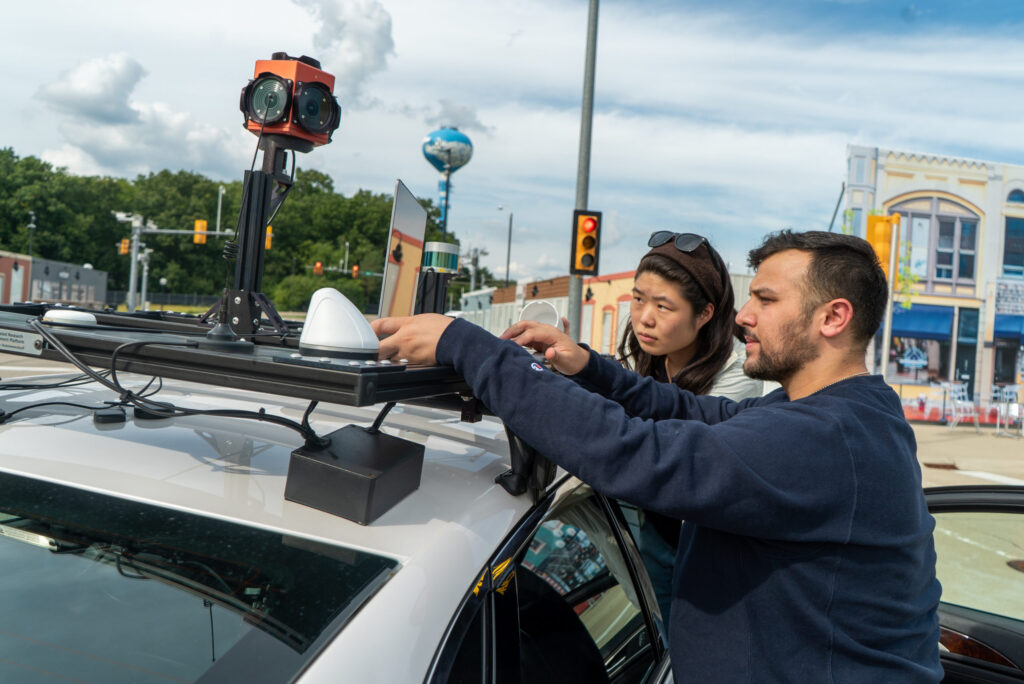TechLab at Mcity is a Company-in-Residence program (company-sponsored technical projects housed at Mcity and the Ann Arbor campus) for early-stage advanced mobility companies in the connected and autonomous vehicle (CAV) industry through the work of elite and technically-skilled students.
Each year the Center for Entrepreneurship recruits a select group of early-stage (Seed-Series A funding) startups to participate in the program. The 2023 cohort will be the eighth for the program, which has recruited companies from all over the world and played a significant role in attracting leading tech companies to have a presence in Southeast Michigan. This past summer, the CFE was aided by collaborations with Ann Arbor Spark and the State of Michigan’s Office of Future Mobility and Electrification in recruiting impressive companies to the program that are tackling noteworthy technical and commercial challenges related to the broader adoption of connected and autonomous vehicle technologies.
“TechLab at Mcity has become a key resource for startups in the CAV space to gain access to incredible talent, unique resources, and support from one of the world’s most important autonomous vehicle ecosystems,” said Nick Moroz, Director of Entrepreneurial Practice at the Center for Entrepreneurship, Director of the TechLab programs. “Roughly 50% of the students who have participated in the program and graduated from U-M are now employed in the CAV industry directly or supporting industries. It’s a real testament to the success of the program in providing students access to impactful career opportunities in a strategic and important field.”
Each company in the 2023 cohort will participate in the year-long program with a student team of four focused on exploratory technical projects targeting the development, demonstration, and deployment of key autonomous vehicle technologies.
The student application for the 2023 cohort is now also live. If you are a U-M student that is interested in starting a career in the CAV industry, strongly consider applying.

Baraja Lidar (Sydney, Australia) – Baraja is returning for its second year in TechLab at Mcity. Baraja is a deep technology company that has reinvented LiDAR for self-driving vehicles. Their Spectrum-ScanTM platform uses patented technology to set new benchmarks for precision, range and reliability. The team plans to build off of the work of the previous student cohort, which gathered in-field data to test the limitations at long range of the proprietary solid-state LiDAR.

P3Mobility (Ann Arbor, USA) – P3Mobility partners with local governments to deploy smart infrastructure that increases safety, mobility, and sustainability. Their proprietary software platform facilitates the revenue generation necessary to finance smart road and connected vehicle services. They license their platform to insurance companies, public jurisdictions and/or fleet operators. The goal of this project will be to expand on the work done in P3Mobility’s 2022 TechLab cohort. In 2022, the student team generated Proxy-Personal Safety Messages (PSMs) using computer vision and camera sensor data at smart intersections to identify pedestrians. The 2023 cohort will further develop baselines and gather data, moving toward analysis of the messaging through the lens of an insurance provider.

XenomatiX (Leuven, Belgium) – XenomatiX is the first company to offer true solid state lidar sensors based on a multi-beam lasers concept and risk-free, scalable, semiconductor technology. XenomatiX has recently developed its own 4D-AI labeling and training software and neural network which can already detect objects in 7 classes (cars, vans, bicycle, pedestrians, motorcycles, and trucks). The goal of this project is for students to use 4D-AI software tools to identify objects of interest not already trained in the Xenomatix network, and take relevant datasets for training, label said datasets, and finally test detection performance live in the vehicle.

Gatik (Mountain View, USA) – Gatik, the leader in autonomous middle mile logistics, delivers goods safely and efficiently using its fleet of light and medium duty trucks. The company focuses on short haul, B2B logistics for Fortune 500 retailers such as Walmart, Georgia-Pacific, and Loblaw, and in 2021 launched the world’s first fully driverless commercial delivery service with Walmart. Gatik’s class 3-6 autonomous box trucks are commercially deployed in multiple markets including Texas, Arkansas, Louisiana, and Ontario. This project intends to contribute to the advances in multisensor perception for autonomous vehicle systems — involving the use of Machine Learning for multi-modal object detection and classification.

Büyütech (Ankara, Turkey) – Büyütech was founded in 2011 to develop smart cameras and computer vision technologies for many different industries such as industrial machine vision, consumer electronics, retail, defense, and currently has more than 87K cameras operating in more than 120 countries. Büyütech’s main aim is to remove the biggest barrier of autonomy by creating a new category, Podar (Passive Only Detection and Ranging); a scalable ultimate solution that enables vehicles to perceive the world in 3D. The goal of this project is to develop a precise and cost-effective ultimate perception solution that can detect all kinds of objects in all weather conditions and determine their position in 3D by using different spectra sensors in stereo.

Retrospect Technology (Ann Arbor, USA) – Retrospect develops methods to assure and improve safety in automated vehicles from development through deployment. Their technology product is a software toolset which implements our patented safety monitoring methodology. In AV development, it helps customers identify latent safety issues. In use in AV deployment, it helps customers pick up on clues of latent safety issues whose low occurrence rates make them nearly impossible to catch in development and yet impossible to not encounter in mass deployment. The goal for this project is for the student team to contribute to the emerging field of autonomy safety measurement and validation by collecting new datasets at Mcity, testing various safety-driven driving scenarios.

